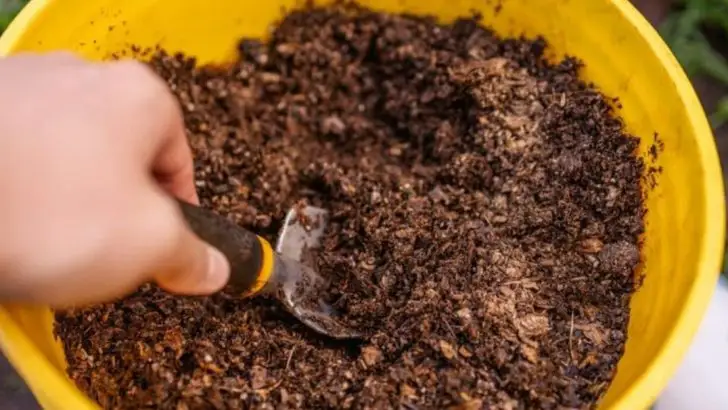Your plants might look healthy on the surface — until one day they don’t. Wilting, yellowing, stunted growth… the usual suspects like light or water get blamed first. But often, the real issue is right beneath your feet. The truth is, most plant problems start with the soil — and many gardeners don’t even realize they’re making silent, long-term mistakes that slowly sabotage plant health.
From overworking the soil to using the wrong type of compost, these subtle errors can disrupt microbial life, block nutrient absorption, or suffocate your roots. They don’t scream for attention — but over time, they weaken even the strongest plants.
In this article, uncover 7 quiet but deadly soil mistakes that may be harming your garden without you knowing. Once you recognize them, you can stop the damage — and start rebuilding a truly fertile foundation for everything you grow.
Overwatering the Soil
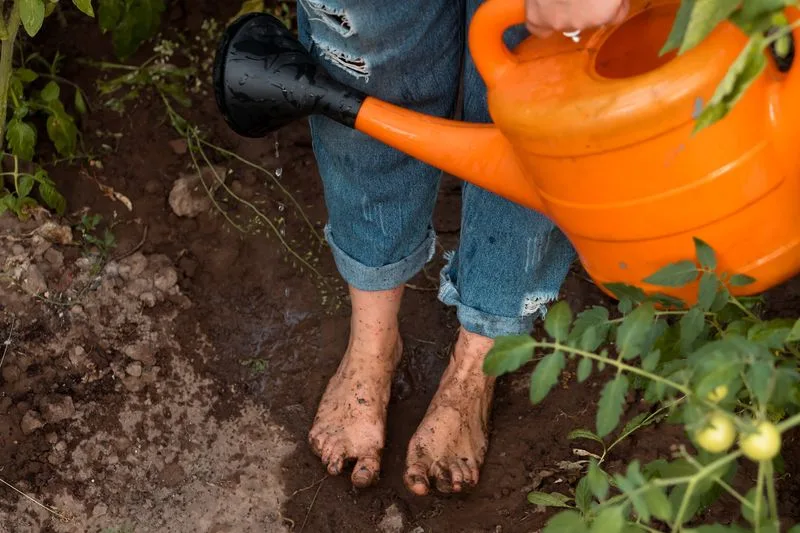
Watering might seem simple, but overwatering can be a silent killer. When roots sit in overly moist soil, they can’t breathe, leading to root rot. Striking the right balance is key. Check soil moisture before watering; if it’s still wet from the last session, hold off.
Consider using a moisture meter for precision. This handy tool helps in determining the exact needs of your plants, ensuring they get just the right amount of hydration.
Remember, different plants have varying water needs. Tailor your watering routine to suit each species, promoting healthy growth.
Ignoring Soil pH Levels
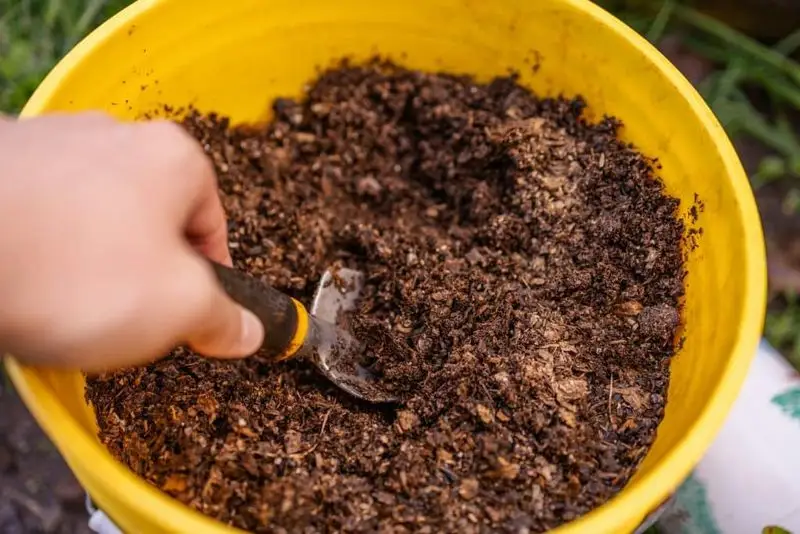
Soil pH might be overlooked, but it greatly influences plant health. The wrong pH can lock nutrients, making them unavailable to plants. Consider testing your soil’s pH annually.
Adjustments can be made with lime or sulfur, depending on whether you need to raise or lower the pH. Each plant has its own pH preference.
Tailor the acidity or alkalinity to meet these needs, and you’ll see a noticeable difference. A balanced pH leads to a thriving garden, as plants can better absorb essential nutrients.
Neglecting Soil Compaction
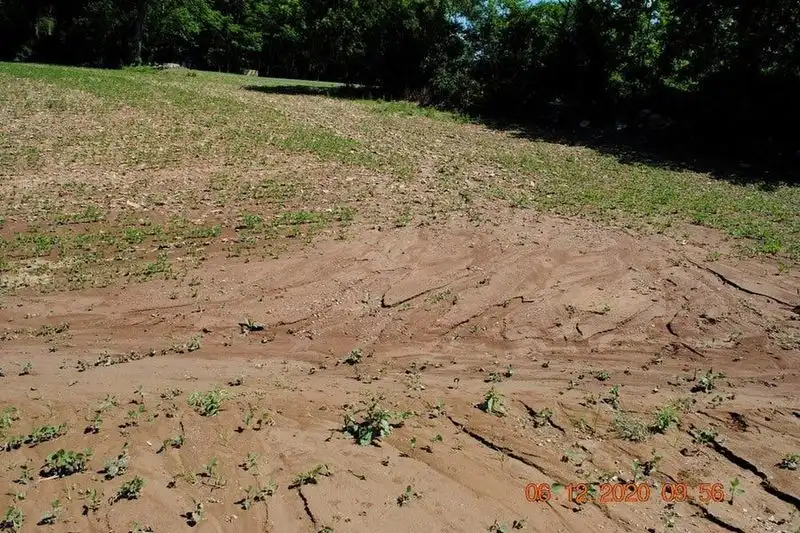
Compacted soil is a silent threat, restricting root growth and water penetration. When soil particles are too tightly packed, roots and water struggle to move through.
Aeration is the solution. Regularly break up the soil with a fork or aerator. This encourages healthy root systems and enhances water absorption.
Consider adding organic matter to improve soil structure. The more porous the soil, the happier your plants will be. A well-aerated garden promises robust plant health.
Overusing Fertilizers
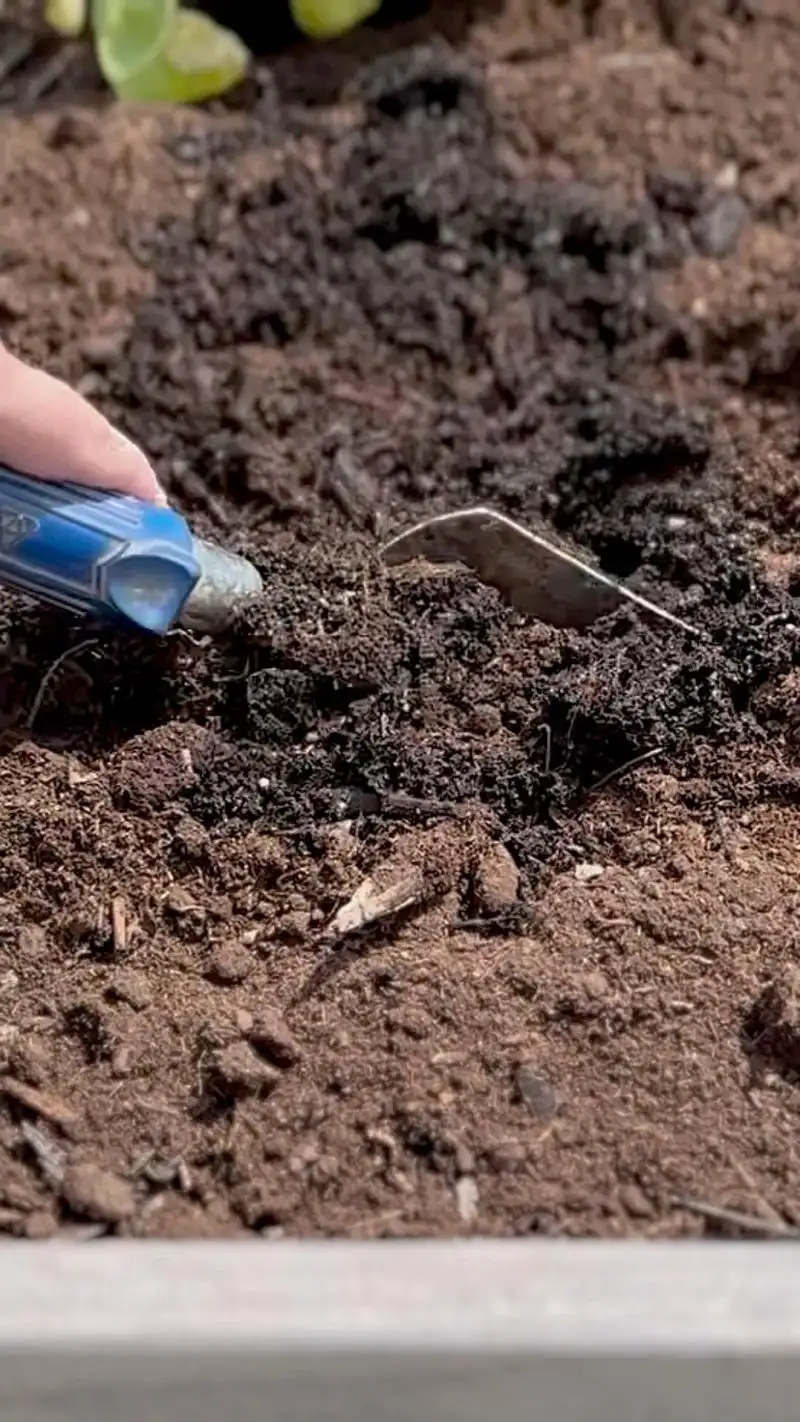
Fertilizers are plant boosters, but too much can be detrimental. Over-fertilization leads to nutrient burn, where plants show signs of stress, like yellowing leaves.
Be mindful of the recommended dosage; more isn’t always better. Testing soil nutrient levels can provide guidance on what’s truly needed.
Opt for slow-release fertilizers, offering a steady nutrient supply without overwhelming plants. Precision in fertilization is key for vibrant, healthy growth.
Using the Wrong Soil Type
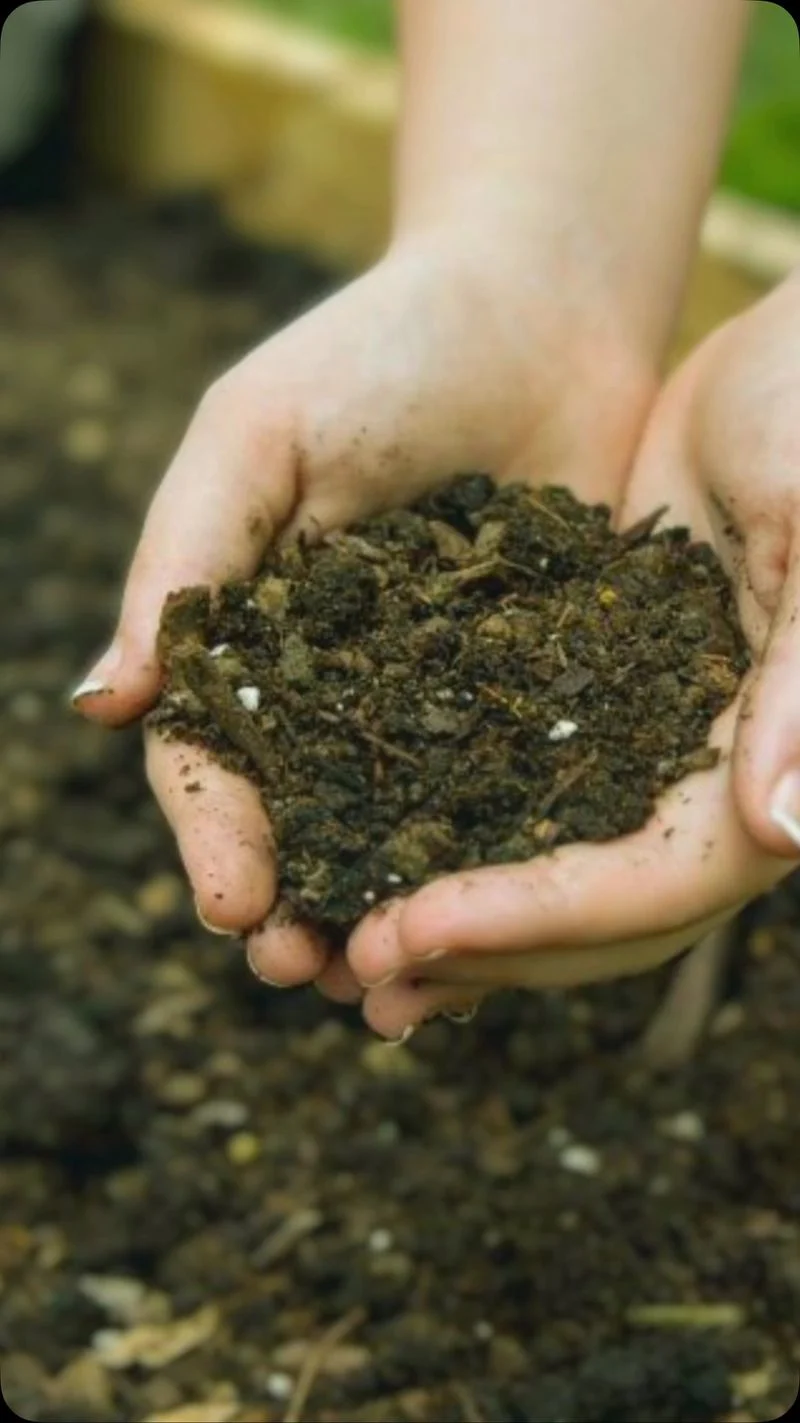
Choosing the right soil type is foundational. Each plant thrives in specific conditions; for instance, cacti prefer sandy soils, while ferns enjoy rich, moist environments.
Understand the natural habitat of your plants and try to mimic those conditions in your garden. Mixing different soil types can help achieve the desired texture.
Experiment by amending soil with sand, clay, or compost. The right soil ensures plants get adequate nutrients, moisture, and air, thriving in their tailored environment.
Ignoring Soil Erosion
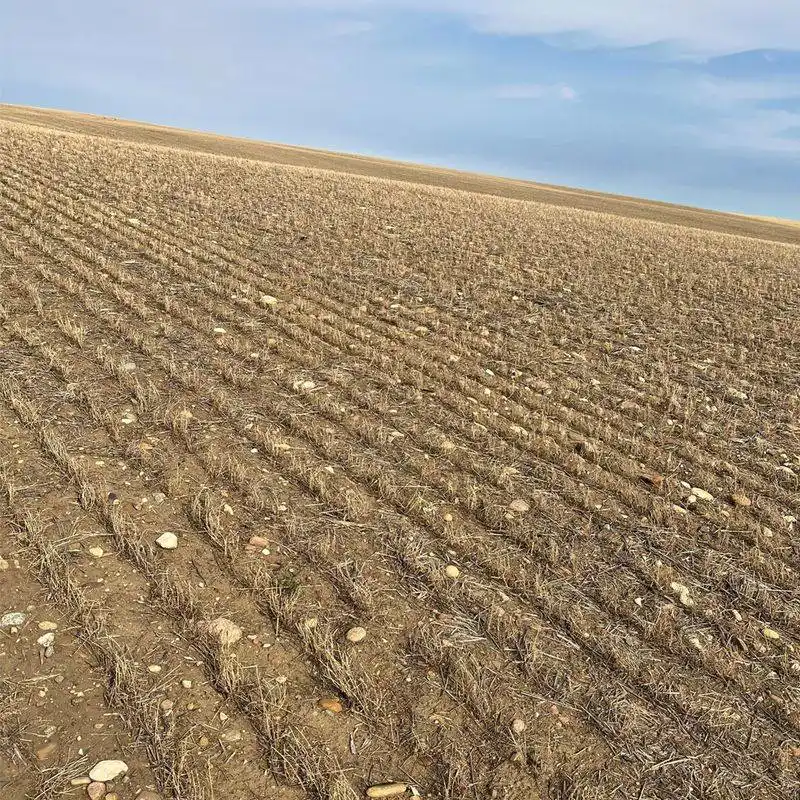
Erosion silently strips away fertile topsoil, leaving plants exposed and struggling. Heavy rains or winds can exacerbate this issue, especially in sloped areas.
Combat erosion by planting ground covers, which hold soil in place. Mulching also helps by protecting the surface and retaining moisture.
Terracing on slopes can significantly reduce erosion. Preventing soil loss ensures that plants have the rich, nutrient-dense soil they need to flourish.
Neglecting Organic Matter
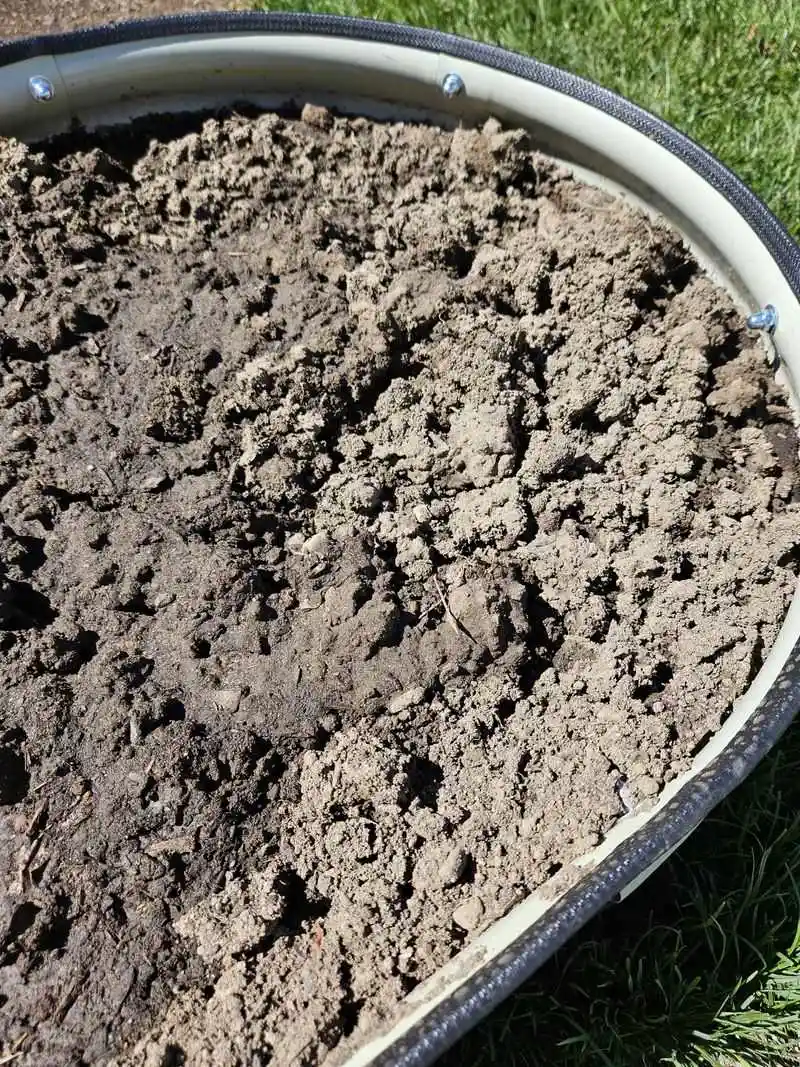
Organic matter is the life force of healthy soil. It improves fertility, structure, and water retention. Without it, soil becomes lifeless, affecting plant vitality.
Add compost or well-rotted manure regularly to enrich your soil. This not only feeds plants but also hosts beneficial microbes.
These microbes play a crucial role in breaking down organic matter, releasing nutrients, and enhancing soil health. A nutrient-rich soil promises thriving plants, full of vigor.

